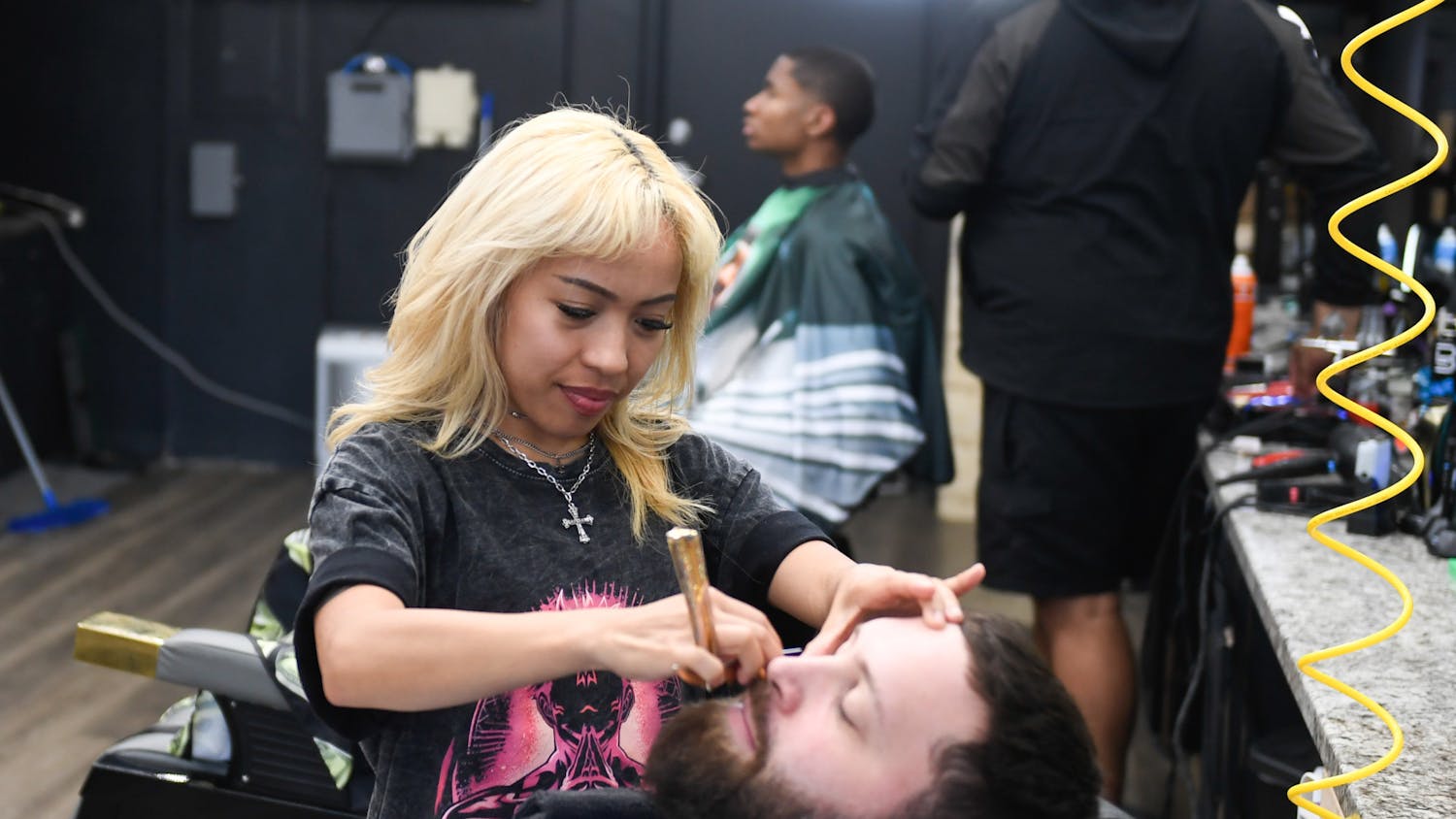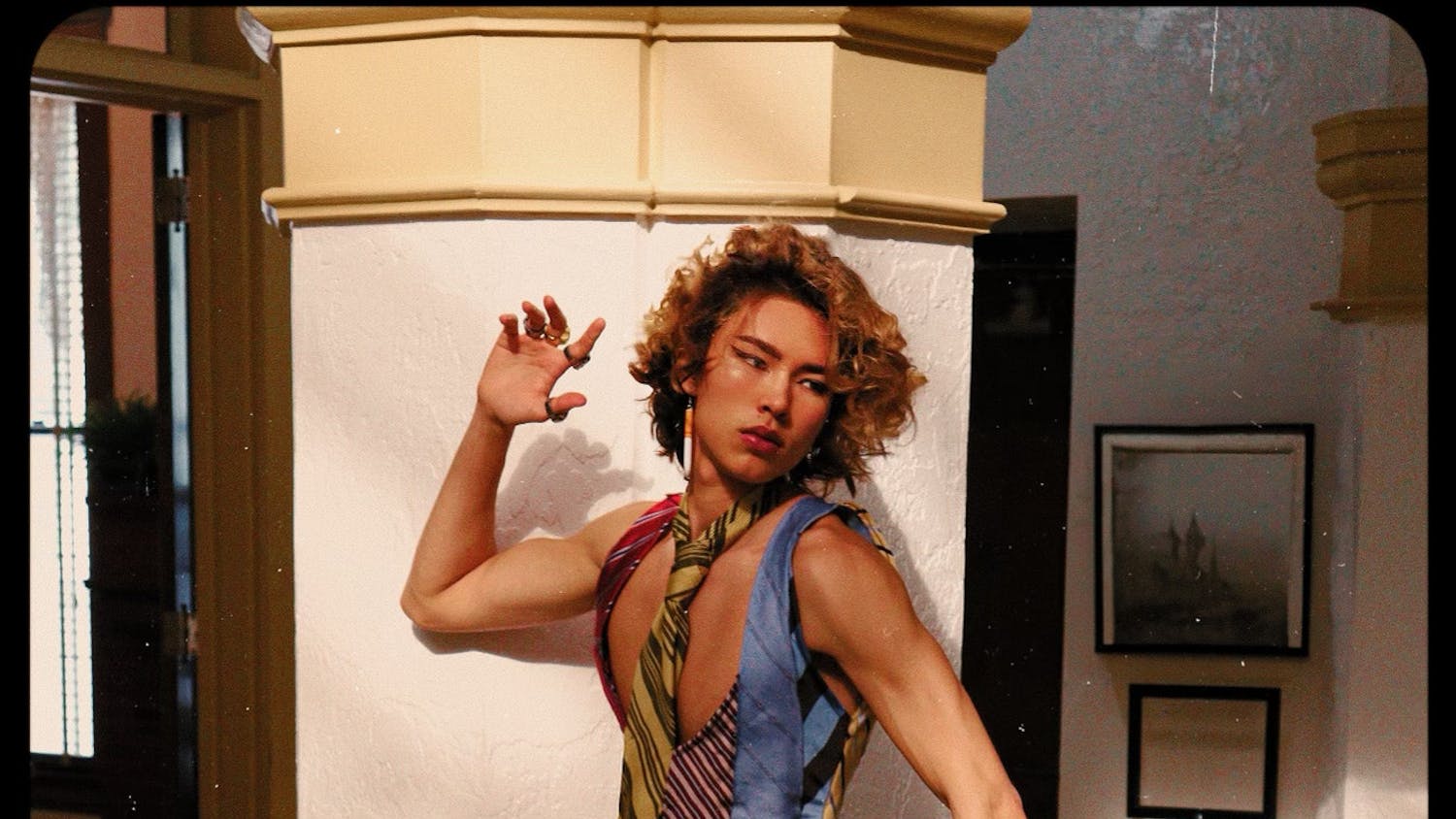Most of us adore “Sex and the City,” but aligning ourselves with the show means characterizing ourselves as vapid, materialistic or at least naive. Why is this series viewed as nothing more than a guilty pleasure?
For six years, “Sex and the City” dominated HBO, and yet somehow it has been deemed devoid of any merit. For avid viewers, Carrie, Miranda, Charlotte and Samantha are versions of themselves who try on hypotheses about relationships like vintage Dolce skirts — accepting or rejecting them by the end of the episode. They experiment with the pros and cons of sexual liberation versus marriage while critiquing these polarized views of love.
As Samantha once told Charlotte, sexual liberation can be characterized as “having sex like a man.” They believe men use women as sexual objects to prevent emotional attachment. Samantha does the same for most of the series, presenting the pros of sexual liberation to the audience. Her foil is Charlotte, a traditional woman from old money determined to land a husband. She highlights the negative views of sexual liberation and the benefits of traditional monogamy through marriage, as well as old-fashioned courtship. Carrie and Miranda fall between these two spectrum ends, sleeping with men but only as part of the process of finding monogamous love.
The characters act, think and say what their audience cannot — they cheat, sleep with exes and lament the challenges of balancing career and family. Charlotte even poses as a man for an oil portrait. Women are allowed to experiment through the characters’ experiences without engaging in any risky behavior themselves, and for that, we thank them.
In the pilot episode, the four friends’ characters are quickly revealed. Soon they inhibit their complexities while still effectively representing four different types of women. Ultimately, each character shatters her given stereotype — and grows personally and interpersonally in the process.
Carrie gives up Manhattan and her column, both crucial to her identity, to move to Paris with her artist beau. This results in a literal and figurative slap after she realizes she will never find the perfect romance, even in the city of love. She accepts her imperfections and those of Big, and they resume their wonderfully imperfect relationship. By the finale, Charlotte is a converted Jew with an adopted daughter from China, shattering her WASP image but achieving her lifelong dream of a family.
Miranda has a son and moves to Brooklyn, continuously sacrificing and tearing down walls to accept love. Samantha yields to monogamous love but with a younger male model whom she manages, retaining her characteristic power while devoting herself to one person.
In season two, Carrie writes a love poem for a wedding. She finds it challenging, because her career is based on writing about sex. It takes her multiple tries to pen the poem and still it isn’t perfect. Finally she accepts her work like she accepts her love with Big — for everything it is not.
“Sex and the City” has merit as a strong series with four well-written, complex and fallible women at the helm.
“Sex and the City” was meant to explore, and beneath the femininity and the fashion lies a significant investigation into modern monogamy. By now we should know better than to flippantly dismiss any product of our culture, or we risk being what the fabulous Stanford Blatch once called “a judgy-wudgy bear.”
Katie McPherson is a UF English junior. Her columns run on Tuesdays. A version of this column ran on page 6 on 10/8/2013 under the headline "‘Sex and the City’ more than guilty pleasure"





